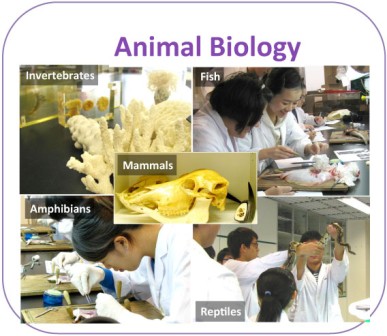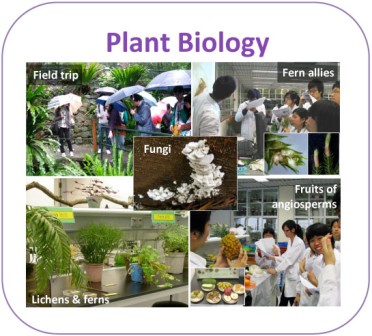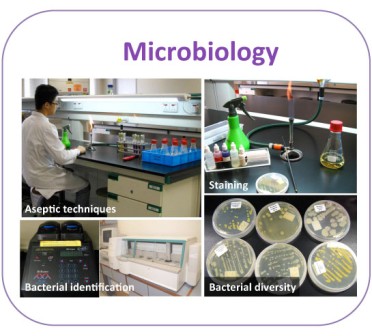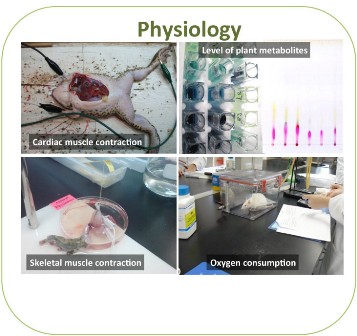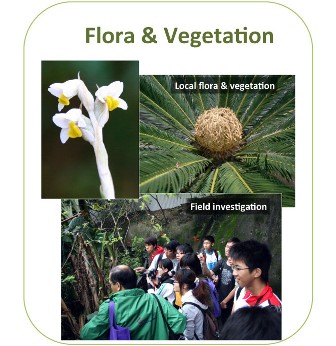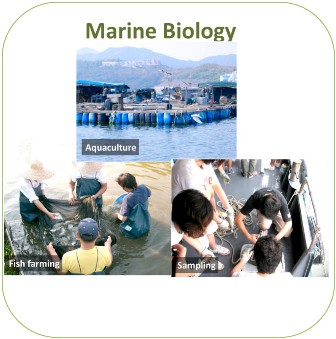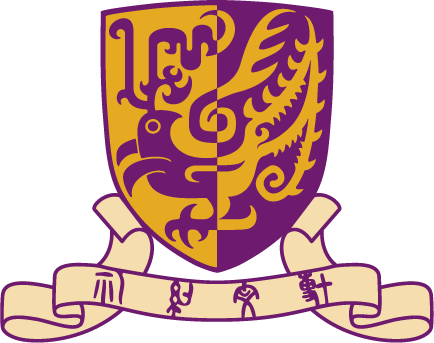Introduction
Our major undergraduate programme provides students with immense flexibility in course selection and broad spectrum of curriculum that prepares the graduate for a wide variety of careers. After consolidating and developing basic knowledge in science and biology, our students can specialize in an area(s) of interest to fit their career plan by choosing one or more of the following study packages: Biology for Teaching Career, Organismic and Conservation Biology and Human Biology.
The Biology curriculum not only includes formal lecture and laboratory sessions, but also provides the students with ample opportunities for developing communication and presentation proficiency through tutorials, seminars and individually-supervised research projects.
With our comprehensive curriculum and training encompassing a variety of fields in BioScience, our graduates develop their career in various aspects including teaching, biological research, work with government agencies or private companies in areas such as environmental protection, agriculture and fisheries, food science, molecular science and health sciences.
To support students’ academic development and help them to overcome academic problems, an academic advisor who gives advice and guidance on academic matters including course selection, guided study, etc., will be assigned to each of our students. Our Academic Advisory System is implemented according to the university guidelines laid out in the Handbook on the Implementation of the Academic Advisory System.
Our Programme is willing to listen to students and provides a dynamic curriculum to suit the needs of the local society meeting the international standard at all times. If you have any doubt, do not hesitate to This email address is being protected from spambots. You need JavaScript enabled to view it..
For further information about our curriculum, please visit

